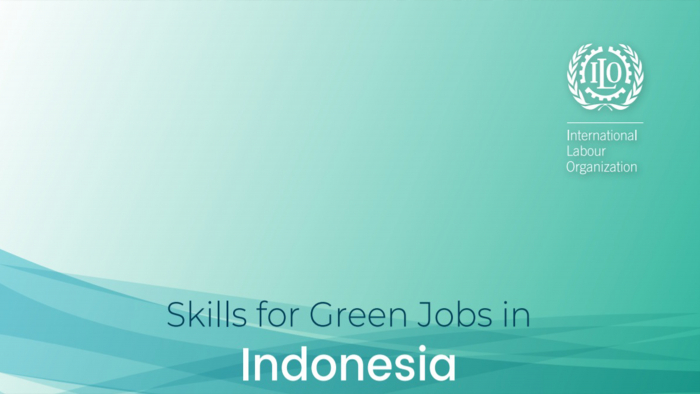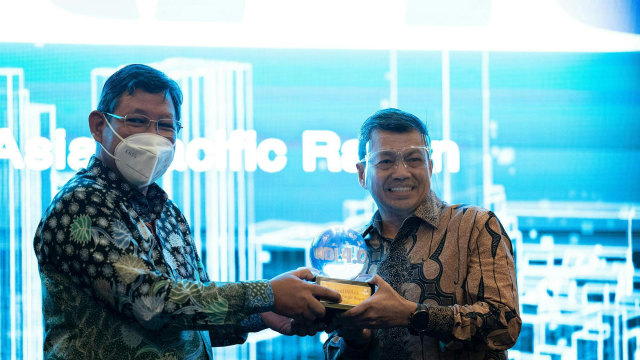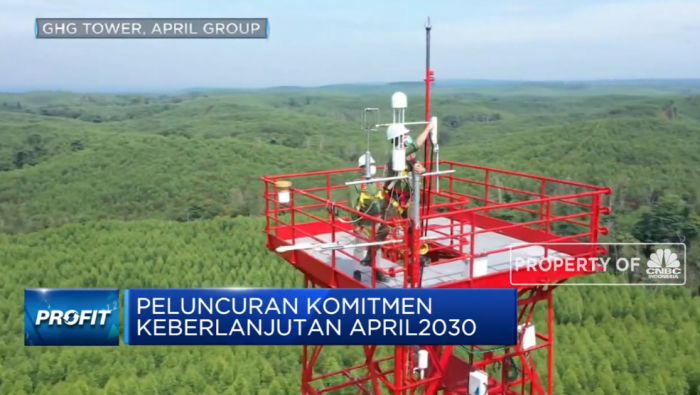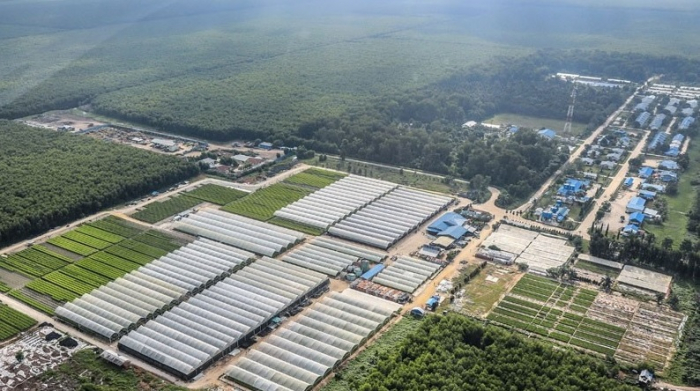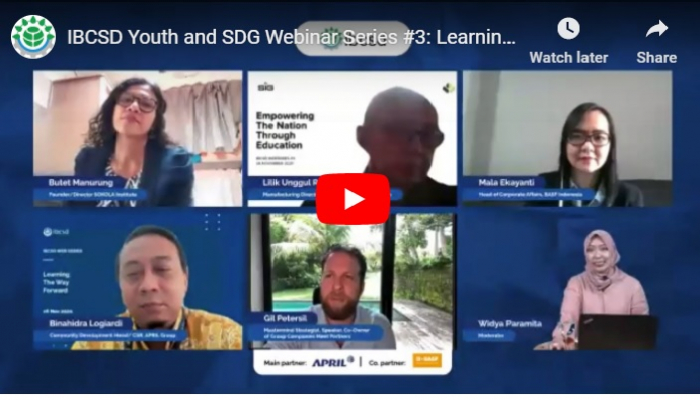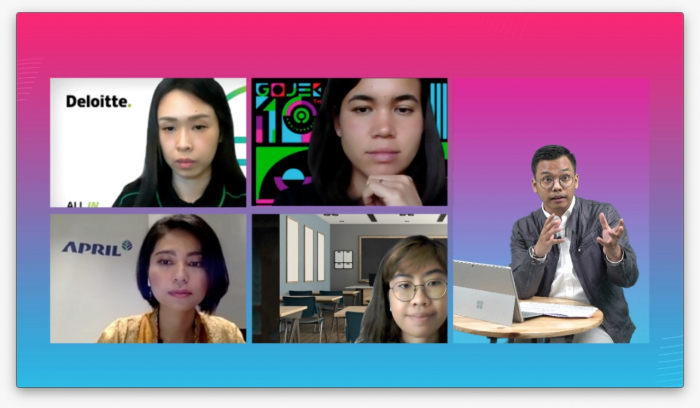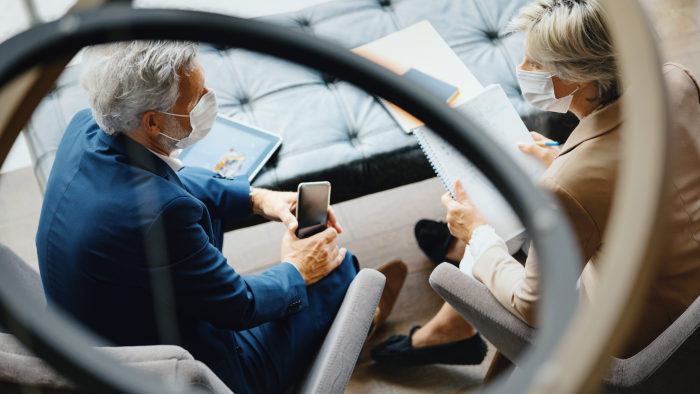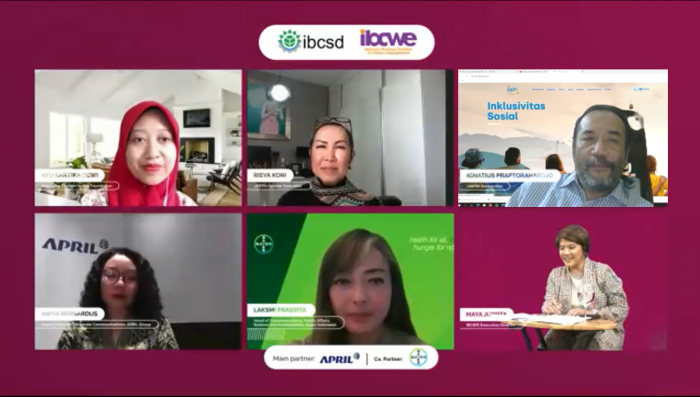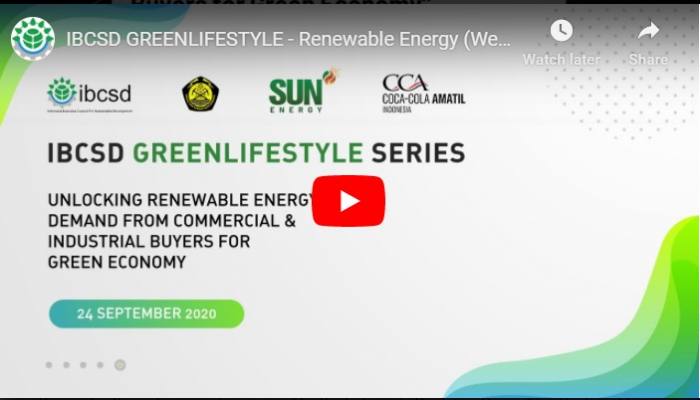All chief executives should anticipate at least one major shock during their tenure, and prepare and lead accordingly. Although there is a growing body of analysis concerning the impact of COVID-19 on business, most of it is still focused on the immediate response. In a recent issue brief, therefore, our organizations explore how companies can improve their long-term thinking and planning, and better prepare for similar future events.
Our work builds on discussions with members of the World Business Council for Sustainable Development and a series of interviews with firms headquartered in Asia, Europe, and the Americas. It also incorporates insights regarding the pandemic’s impact from the 2020 GlobeScan/SustainAbility Leaders Survey, and further draws on a broader review of long-term resilience and business responses to COVID-19.
The brief highlights three key lessons for business. First, we cannot hide from gray rhinos or black swans. Companies must prepare better for both known and unknown threats – in part by returning slack to our systems.To withstand future shocks, businesses must change and extend their view of long-term resilience. Critically, they must accept that a company’s resilience is determined not only by what’s inside its four walls, but also by ecosystems, communities, economic conditions, the rule of law, effective governance, and more.
Second, businesses need to embed resilience, once established, more deeply in their language and especially their practice, to prevent it from atrophying. Firms that do so will be able to anticipate and prepare for all future scenarios, minimize the impact of the shocks that do hit, and recover more quickly from them. We found that companies whose values and purpose are deeply embedded and widely understood at all levels can be more agile and decisive during crises. Cultural alignment on purpose and vision within an organization helps to build trust and openness, which are essential for effective and authentic internal and external communication, as well as collaboration.
Third, companies can build greater long-term resilience through improved approaches to corporate risk management, human and social capital, and environmental, social, and governance (ESG) information. In each case, firms need to emphasize certain steps.
Better risk management calls, most notably, for a shift from traditional rules-based approaches to more flexible, regular, and process-oriented methods that enable ongoing learning and exploration. It also requires firms to incorporate tools and approaches likely to spur more outside-the-box thinking and reveal harder-to-predict threats (“unknown unknowns”).
Improving the management of human and social capital requires listening and responding to people both inside and outside the organization, and ensuring that the insights gathered are used to define and uphold the company’s vision. Furthermore, companies should consider extending workforce protection measures originally designed for their employees to supplier workforces and non-permanent employees throughout the value chain. In addition, as we seek to balance the health and economic dimensions of the pandemic over an extended period, we must constantly adapt and enhance the measures for workers who are interacting with one another and the public.
Finally, firms must continue to improve ESG disclosure, especially by accelerating the adoption of common standards and metrics, and providing more information on issues critical to business resilience during the pandemic (such as employee well-being, diversity and inclusion, and safety). Companies also need to improve their sustainability assessments by including a greater diversity of stakeholder perspectives, longer time frames, and broader scenario planning, as well as giving greater weight to social issues in disclosure and strategy.
Resilience is less about maintaining a steady state than about adopting agile, dynamic, and transformational behaviors and actions in response to pressure – in other words, being adaptable. This, in turn, requires firms to emphasize purpose and values in leadership, improve stakeholder engagement, and redesign supply chains. But above all, firms must embrace longer-term thinking and new and sustainable business models and behaviors.
True resilience is not about withstanding difficult conditions, but rather embracing what it takes to thrive at the organizational and systems level. Resilience stems not only from reliable access to raw materials and operational efficiency, but also from recognizing and protecting the enormous investments and value found in skilled and healthy workforces and vibrant communities. It requires protecting and enhancing vital ecosystems, and ensuring strong institutions, transparent rule of law, and healthy national and local budgets. And it means recognizing the central role of innovation in creating value in the face of challenges and disruptions.
COVID-19 is forcing firms to reimagine resilience. Instead of trying to strengthen their ability to resist change, companies must learn how to adapt and adjust if they are to continue to exist as employers, value creators for shareholders, and trusted members (and servants) of communities around the world.
